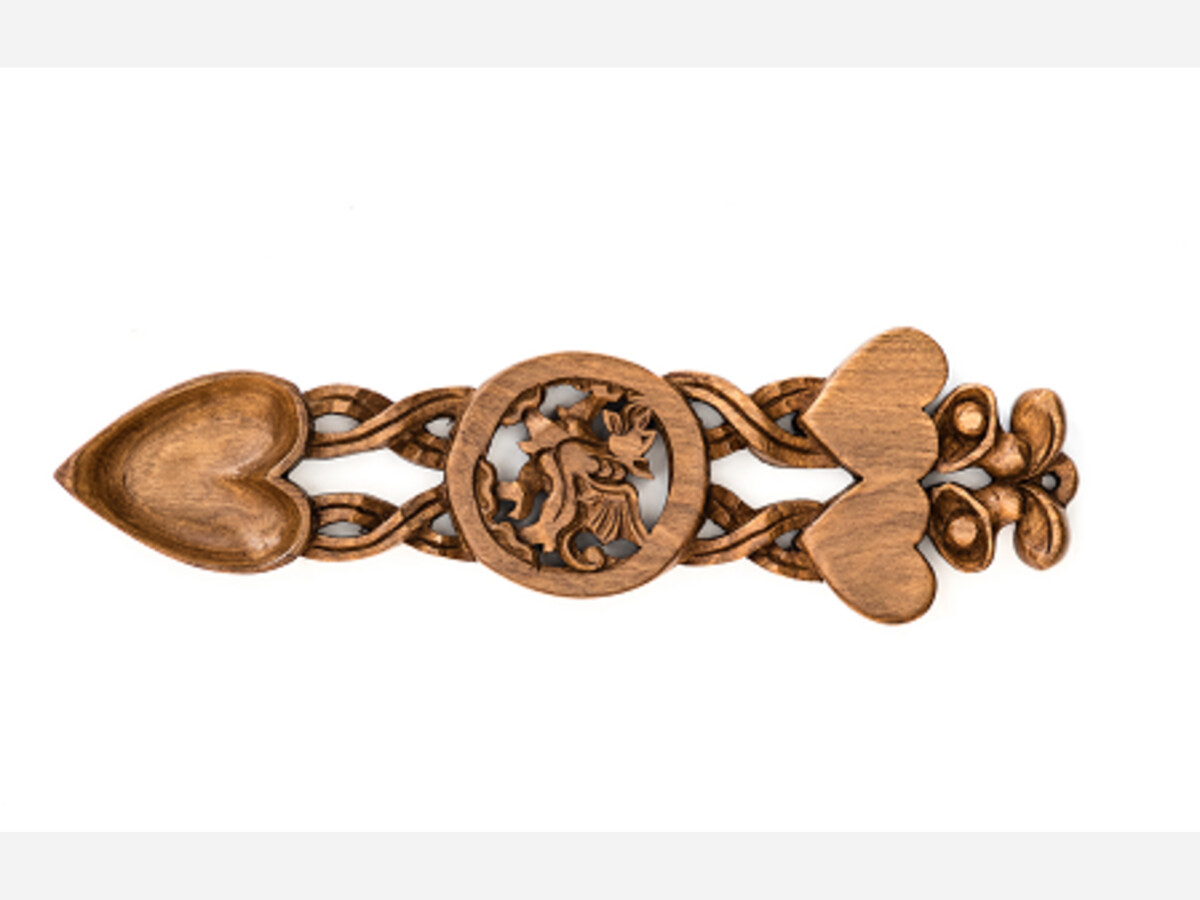Image

Saint David of Wales, also known as Dewi Sant in Welsh, is the patron saint of Wales. He was the bishop of Mynyw who lived in the 6th century and was instrumental in spreading Christianity throughout Wales. His life and teachings have had a profound impact on the Welsh people and their culture, and he continues to be celebrated and revered to this day.
David was born in the late 5th century, born at Henfynyw (Vetus-Menevia) in Ceredigion, near the town of St. Non's in Pembrokeshire, Wales. His father, Sant, was a prince of the royal house of Ceredigion, and his mother, Non, was a niece of King Arthur. According to legend, Non gave birth to David during a fierce thunderstorm, and a beam of light shone down on the infant's forehead, indicating that he was destined for greatness.
David was educated at a monastery in Cardigan, where he was known for his piety and his devotion to the Christian faith. He eventually became a priest and was ordained a bishop. He founded several monasteries throughout Wales and was known for his humility, his devotion to the poor, and his advocacy for peace.
One of the most famous stories about David is the Synod of Brefi. According to legend, David was called upon to settle a dispute between two groups of monks who were arguing about whether the resurrection was a physical or a spiritual event. David asked the monks to stand on a hill, and as he spoke, the ground beneath them rose up to form a pulpit. He preached a sermon that convinced the monks that the resurrection was both physical and spiritual, and the dispute was resolved.
David died on March 1st, which has since become his feast day. He was buried in St. David's Cathedral in Pembrokeshire, which became a place of pilgrimage for the Welsh people. The cathedral is still an important site for pilgrims and tourists today, and many Welsh people consider it to be the holiest place in Wales.
Saint David's Day, celebrated on March 1st, is a national holiday in Wales. It is a day for celebrating Welsh culture, history, and traditions, and it is marked by parades, concerts, and other festivities. Welsh people often wear traditional costumes, such as the Welsh hat and the daffodil, which is the national flower of Wales.
One of the most important customs associated with Saint David's Day is the giving of love spoons. Love spoons are wooden spoons that are intricately carved with symbols of love and affection, such as hearts, knots, and celtic designs. They are traditionally given as gifts between couples, and they are considered to be a symbol of Welsh heritage and tradition.
Saint David is an important figure in Welsh history and culture for several reasons. First, he played a key role in spreading Christianity throughout Wales and establishing the Welsh church. Second, his teachings emphasized humility, charity, and peace, which are values that are still deeply ingrained in Welsh culture today. Finally, his life and teachings have inspired generations of Welsh people to be proud of their heritage and to celebrate their unique cultural traditions.
 Welsh Daffodils. Credit: Creative Commons
Welsh Daffodils. Credit: Creative Commons St Davids Cathedral | Nigel Swales | Flickr
St Davids Cathedral | Nigel Swales | Flickr